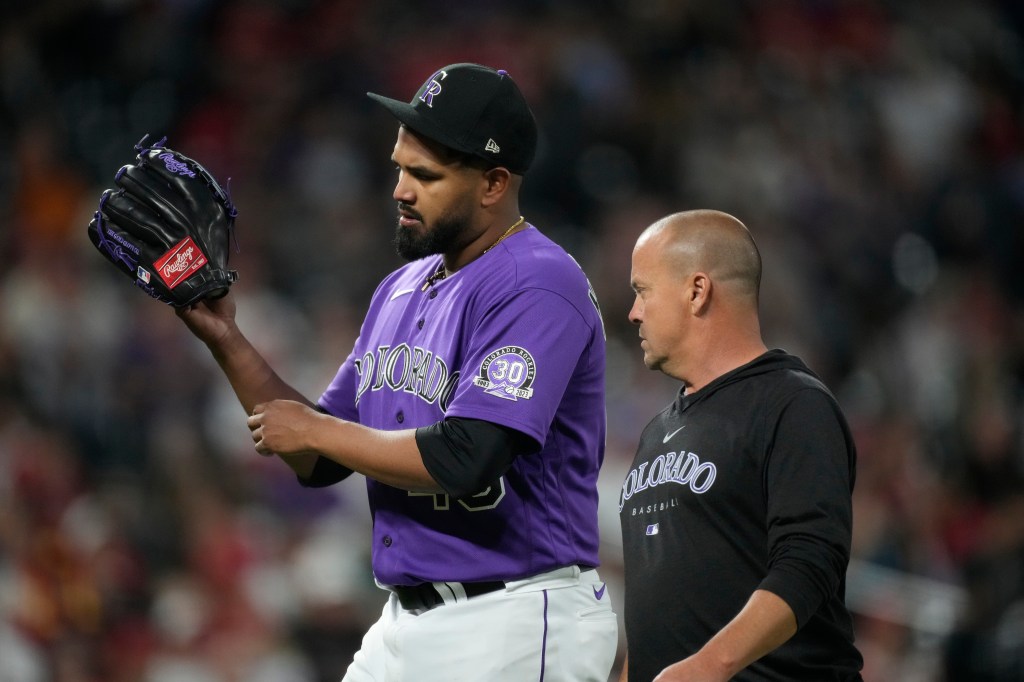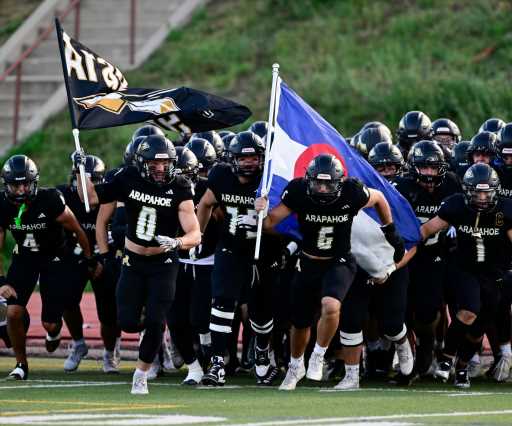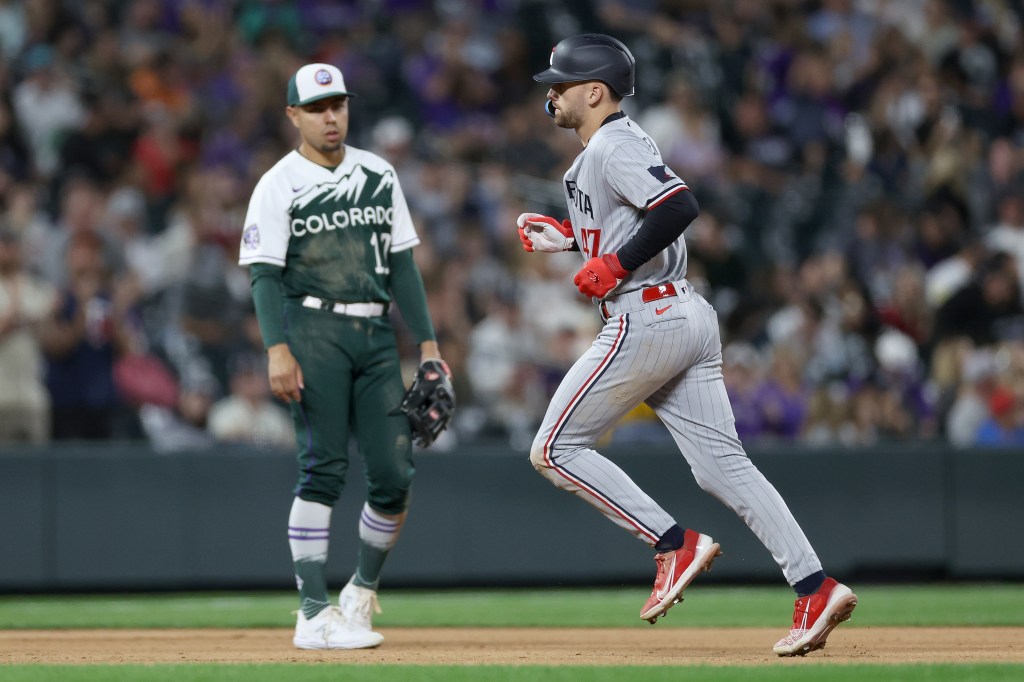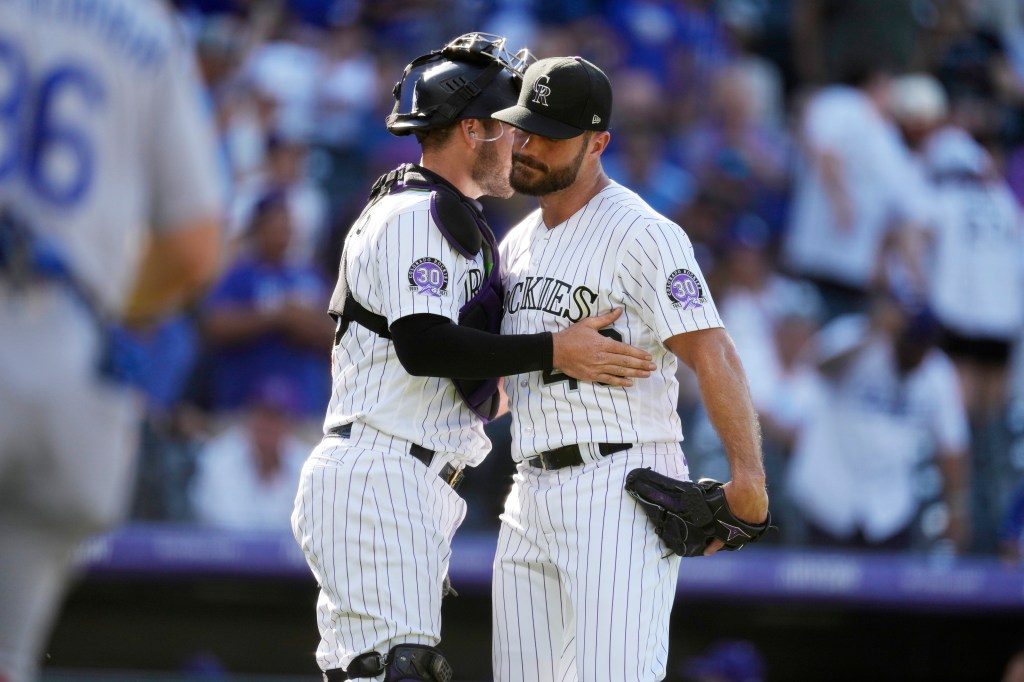German Marquez wanted to stay with the Rockies. That became clear in the weeks and months following his Tommy John surgery in May.
The jovial right-hander was in the clubhouse nearly every day, joking with his teammates, and being a part of things, even though his right arm was in a brace.
So I was not at all surprised that Marquez and the Rockies agreed to a two-year contract extension on Friday. Neither was manager Bud Black.
“I think we know each other, right?” Black told reporters before Friday night’s game in San Francisco. “We know German and German knows this organization. He feels a strong loyalty, and I think it speaks volumes that German wants to be part of this moving forward.
“He wants to be part of the solution for us to turn it around and get to where we want to be.”
Marquez and Black have a very special relationship and I’m certain that played a role in Marquez’s decision.
But the contract’s $20 million price tag, with a chance for millions more in incentives? That was more than I expected. And I’m left wondering if this was the right move for Marquez and if it was the right move for the Rockies.
Let’s start with Marquez. He’s only 28 and if he recovers well from surgery he should have four or five productive seasons left. At the end of this season, Marquez could have entered the free-agent market and found a new home at a ballpark other than Coors Field, where he’s 30-24 with a spotty 5.07 ERA. On the road, Marquez is 35-32 with a 3.80 ERA.
Given his talent, I believe Marquez could have landed a similarly lucrative short-term deal with another team. Teams are less reluctant than they once were to sign rehabbing players to contracts. There are risks, for sure, but every free-agent signing has its risks.
If Marquez had decided to check out greener grass in another city, who would blame him? Not me.
From the Rockies’ point of view, extending Marquez for two more seasons was a no-brainer.
I can feel your skepticism, so keep those nasty emails coming. But hear me out.
Yes, I realize that Colorado will pay Marquez $10 million next season even though he won’t start a game for the Rockies until after the All-Star break. But let’s face it, the Rockies won’t come close to sniffing the postseason in 2024, let alone a .500 record.
But in 2025, with some of their talented, young position players, such as shortstop Ezequiel Tovar and outfielder Nolan Jones, entering their prime, and more young players on the way up, the Rockies might begin to turn things around. Their competitive window might start to crack open.
But they need starting pitching. Desperately.
Injuries have decimated not only the major-league rotation but Colorado’s prospects, too. Just after the All-Star break, pitchers Gabriel Hughes, Jordy Vargas and Jackson Cox — three of the team’s top four pitching prospects — underwent Tommy John surgery.
The Rockies need some veteran stability in their rotation. Marquez can provide that. In 2025, his $10 million base salary could be a bargain. Quality free-agent starters are not going to come to the Mile High City, at any price, so extending Marquez was a smart move by general manager Bill Schmidt.
Now it’s up to Marquez to live up to the faith Schmidt and Black have placed in him. Yes, he was an All-Star in 2021, but he’s been lackluster since. In the second half of the ’21 season, he posted a 6.12 ERA.
Last season, his 4.95 ERA was the worst for a full season in his career. His 7.43 strikeouts per nine innings were the lowest, and the 30 home runs he served up the most. His fastball command was erratic.
“It’s all about my fastball command,” he said during spring training. “I have a pretty good fastball, right? But it’s kind of flat sometimes. And sometimes I threw a fastball and they just made contact. It was too easy for them.”
That was apparent in the opponents’ .260 batting average against him, the highest since 2017 (.270), his first full season in the majors. Marquez consistently throws strikes, but hitters teed off on him last season because his pitches in the strike zone were too fat.
Marquez can still bring the heat. His four-seam fastball averaged 95.9 mph this season before his elbow injury flared up. His knuckle-curve remains a devastating pitch. But in the next chapter of his career, he needs to be a better pitcher. The Rockies are betting $20 million that he will be.
Source: Read Full Article



